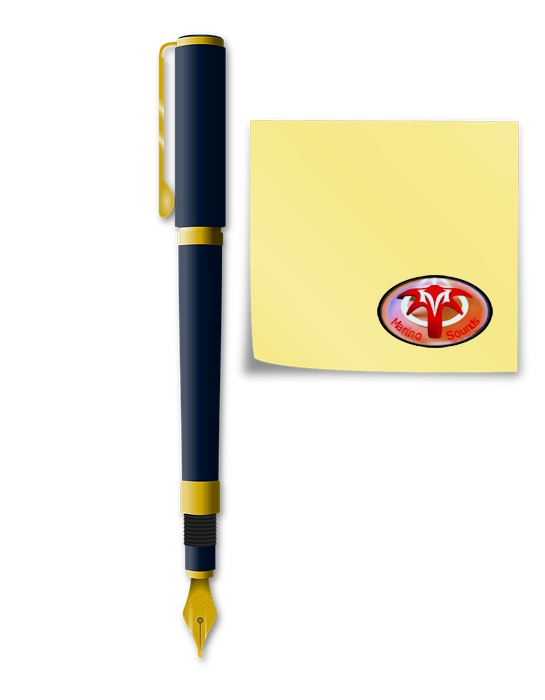Piano – A Realm Of History And Class
Pianos have captivated countless individuals over the past century or two. When we think of this magnificent instrument, composers like Mozart and Beethoven come to mind. The piano experienced a significant boost between 1790 and 1890, coinciding with the Industrial Revolution. During this time, stronger steel and iron were developed, enabling the creation of sturdy iron frames and steel piano strings for high-quality instruments.
The first piano-making company in Britain was Broadwood, known for producing large and sonorous instruments. However, by 1820, the piano had made its way to Paris through Erard. Erard introduced the double action, allowing the piano to be played even when the key was fully depressed, enabling faster playing. As time went on, all manufacturers adopted this technique.
In the early days, pianos had only five octaves, but by 1810, they had expanded to six, and by 1890, they reached seven octaves. During the 19th century, pianos required considerable physical strength to depress the keys and produce high-quality sounds. However, advancements such as softer strings helped reduce this tension. Nowadays, electronic keyboards provide an easy-to-use alternative to traditional pianos, offering piano-like possibilities without the volume and weight.
Today, pianos come in two main versions: the grand … ...Read the rest.
“Piano – A Realm Of History And Class”


 Manuel is a passionate, driven, and techsavvy AV technician,
Manuel is a passionate, driven, and techsavvy AV technician, 
Recent Comments